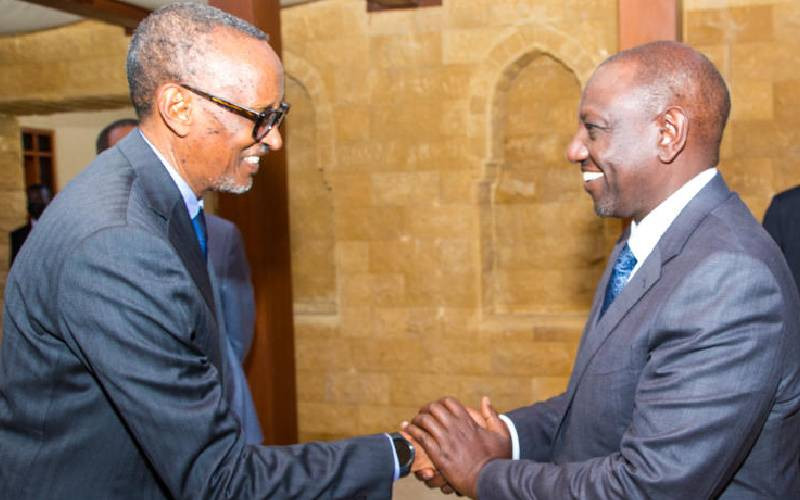×
The Standard e-Paper
Home To Bold Columnists

The theme of this year's Mashujaa Day celebrations that took place in Kericho County was Universal Healthcare Coverage (UHC); one of the five priorities in the Kenya Kwanza government's bottom-up transformation agenda.
The UHC is firmly based on the 1948 World Health Organisation (WHO) constitution which declares health as a fundamental human right and commits to ensuring the highest attainable level of health for all.